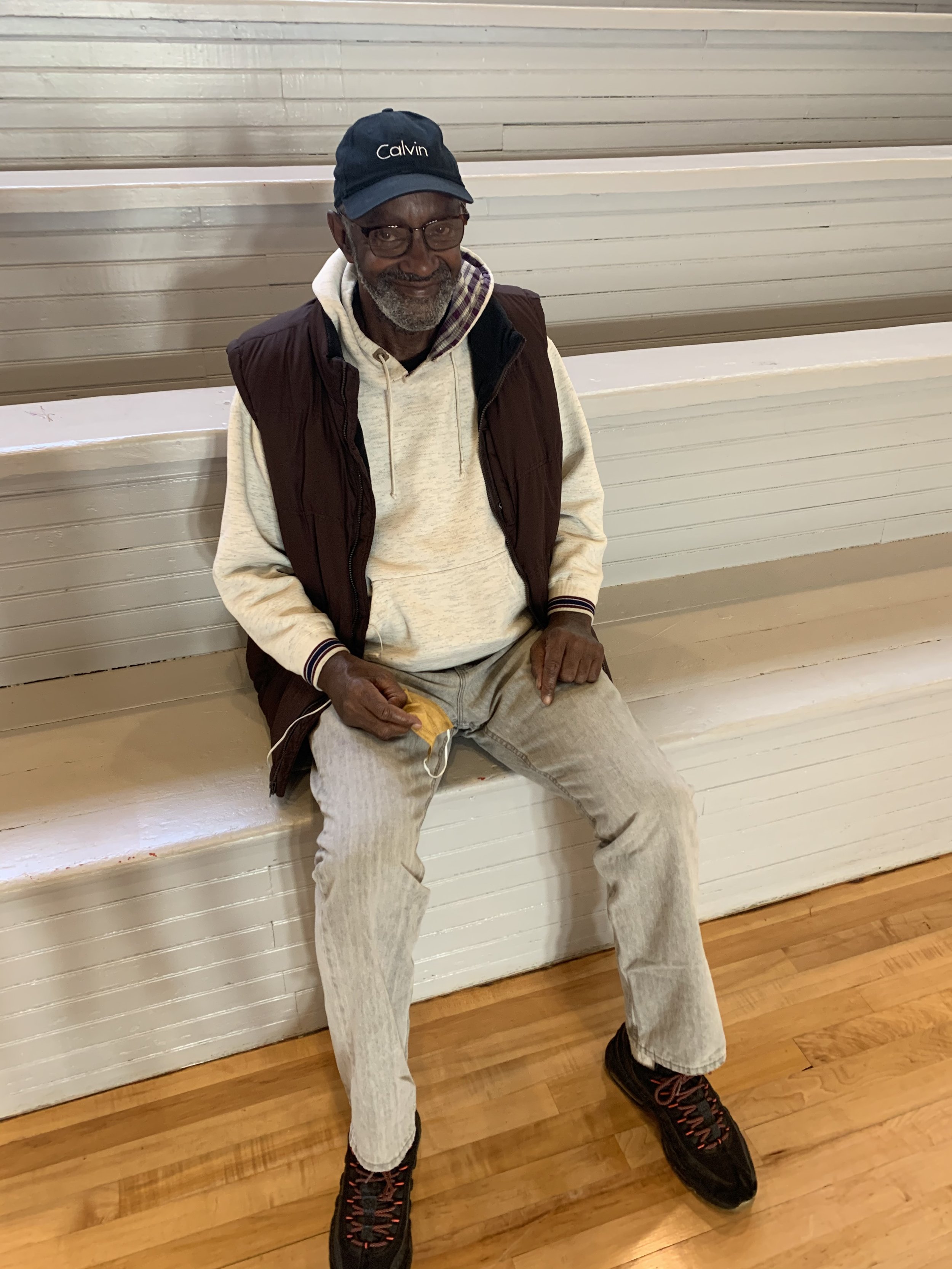By Arabeth Balasko, 2021-2022 Greenbrier Historical Society AmeriCorps Member
“A forgotten past is a past that is yet to be. A forgotten history is a memory missing from our collective conscience. An incomplete history is like an incomplete mind that has forgotten who it is and where it came from.” ― A.E. Samaan
What do you remember about your early school experiences? Can you recall the exact details of your classroom’s layout? What about the smells of the hallway? Do you remember all of your teacher’s names? What about significant moments in time – do you remember where you were when you found out about these life-changing events?
In December 2021, I had the privilege to speak with two alumni from Bolling School, a former segregated school located in Lewisburg, West Virginia. Bolling School operated as both an elementary and high school and became the only high school open to Black students in Greenbrier County prior to desegregation. Although it officially closed its doors as a segregated institution in 1964, Bolling School’s legacy has lived on in its alumni for decades.
Mr. Marion Gordon
Mr. Alex Pryor
Today the school’s layout has changed physically, but in the memories of Mr. Alex Pryor and Mr. Marion Gordon, Bolling School looks just as it did in the 1950s. Both now in their 70s, each can still recall every detail of their time at Bolling School. Their stories, although different, shared many collective notes – the influence of their educators, the compassion and care of their community, and their lifelong connection to, and their love for the Bolling School transported me back in time with them as they shared their memories with me.
Their interpretation of growing up during the Civil Rights Movement in Greenbrier County, West Virginia and their personal experiences of racism and discrimination juxtapose their stories of individual successes and triumphs. These unique and shared experiences serve as gateways into the past – memories and stories allow for individuals to connect with one another on a deeper, more meaningful level.
Oftentimes, we as people shy away from hard histories, hard conversations – we can minimize hurts, and maximize virtues, but I feel that is a misstep. History is ugly, sad, beautiful, heartwarming, heartbreaking, and real. It happened. We cannot change that, but we can work together to showcase how it happened, why it happened, and help reshape it for today’s generation through a modernized lens. It is one way to step forward into a new story, a new era of oral histories and shared experiences. By encouraging folks to use their voices, to speak their story, and share their truth, there is a lot of healing and rebuilding which can happen in the humanities realm.
I will close with this – I feel that it is always important to stay human – meaning, approach all you do with an open-mind, an inquisitive nature, and a listening ear. You never know how your approach, your efforts, your “expressions of love,” can repair a damaged relationship, inspire a new generation of folks, or encourage others to take ownership of their stories and reclaim their voices.
Listen to the full oral histories here!




